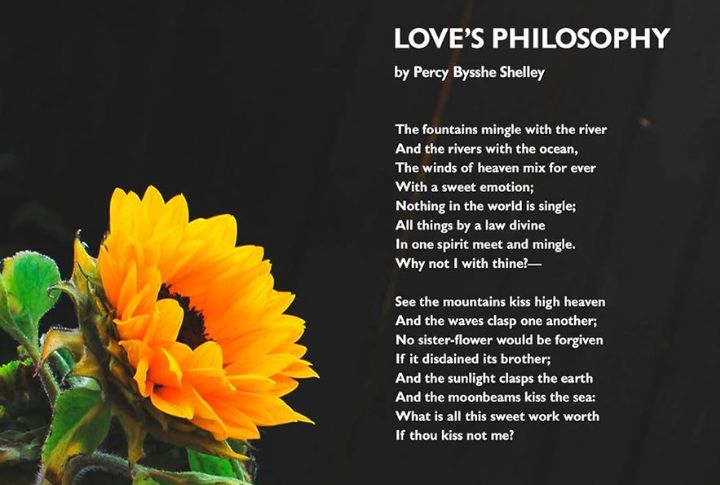
Great poetry works like time machines for the heart. They transport you into moments of passion, longing, and connection that feel startlingly familiar. These 20 selections have been making people swoon for centuries. Some things about love apparently never change.
“How Do I Love Thee?” By Elizabeth Barrett Browning

Browning’s 1850 masterpiece emerged from forbidden love and family secrets. She disguised her deeply personal “Sonnets from the Portuguese” as translations while crafting verses about Robert, her future husband, whom her father had banned from their home. The immortal “Let me count the ways” now resonates at English weddings.
“She Walks In Beauty” By Lord Byron

A black mourning dress adorned with spangles caught the poet’s eye at an 1814 party. His cousin’s wife became an instant inspiration, leading him to write this entire tribute. Interestingly, Byron never uses the word “love” in the poem, yet his celebration of feminine beauty remains incomparable.
“Sonnet 18: Shall I Compare Thee To A Summer’s Day?” By William Shakespeare
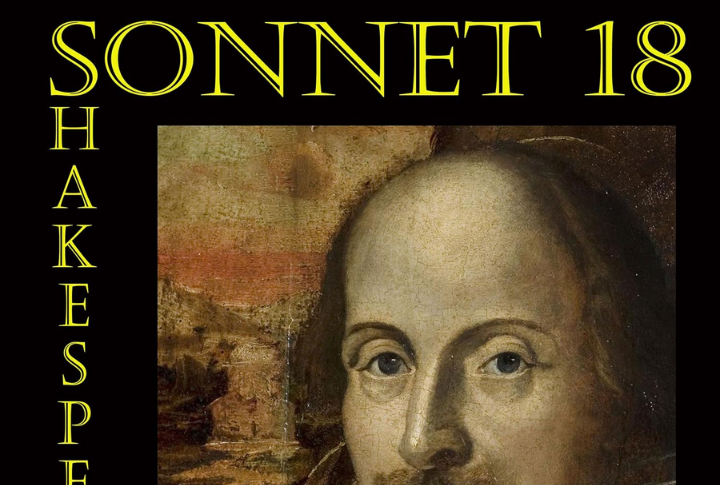
Shakespeare’s most recognized opening line promises eternal life through poetry. Written around 1609, this sonnet’s subject remains a literary mystery as scholars continue to debate whether the beloved was male or female. The verse “So long lives this, and this gives life to thee” has crossed over eighty languages.
“I Carry Your Heart With Me” By E.E. Cummings
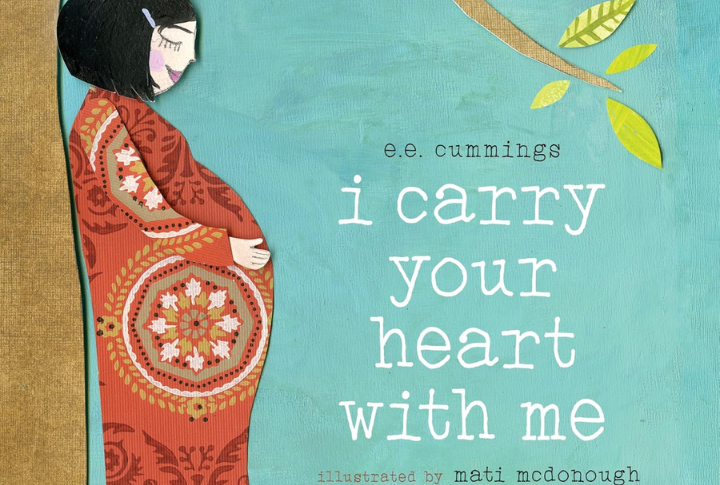
Experimental punctuation meets pure emotion right here. E.E. Cummings’s unconventional style mirrors love’s intimate, personal nature while the parenthetical structure shows how love exists within love itself. Anniversary couples often choose it for special celebrations because of its unique expression.
“Love After Love” By Derek Walcott

Talk about a healing poem by Nobel Prize winner Walcott. It assures the reader that after heartbreak, there will come a time when they will “greet yourself arriving at your own door, in your own mirror”—a metaphor for finally recognizing and accepting one’s true self.
“Wild Nights – Wild Nights!” By Emily Dickinson

The notoriously private poet crafted some of her most sensual verses here, employing maritime metaphors to evoke romantic longing. Published posthumously in 1890, the poem’s titillating undertones are said to have caused considerable controversy among Victorian readers who expected genteel writings from women.
“When You Are Old” By W.B. Yeats
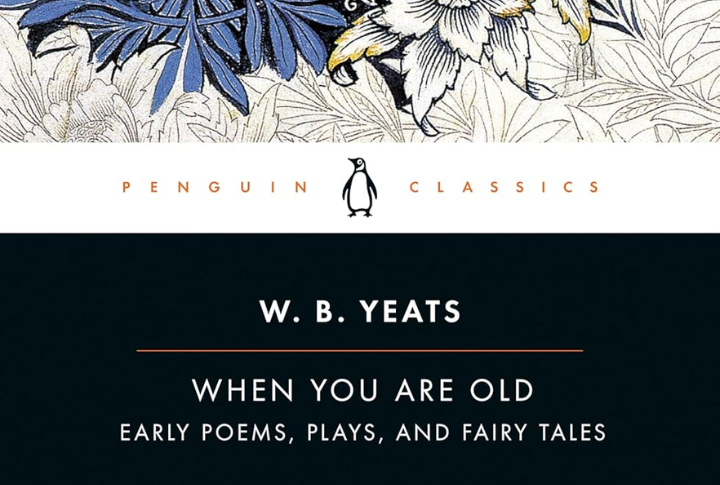
It is said that unrequited love inspired this haunting piece dedicated to Maud Gonne, the Irish revolutionary who rejected Yeats’ marriage proposals four times over thirty years. Drawing inspiration from French Renaissance poet Pierre de Ronsard, Yeats imagines his lover in old age, regretting her failure to choose him.
“The Good-Morrow” By John Donne
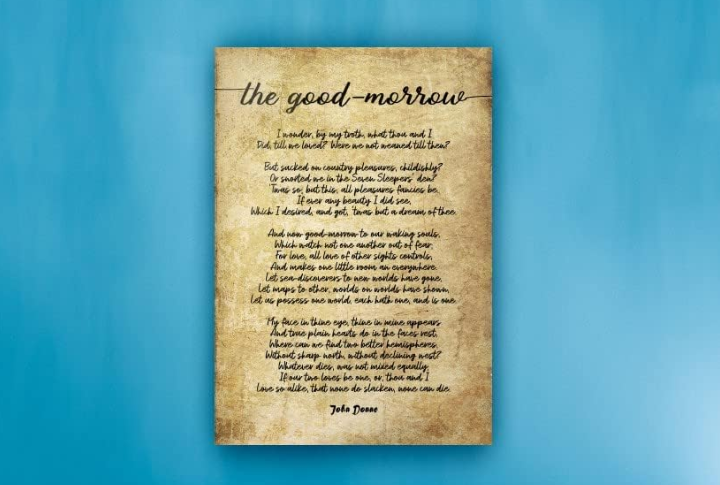
How about some brilliant Metaphysical poetry? Donne’s intellectual approach suggests that life before finding true love was merely a state of being. Besides, genuine partnership creates a complete world for two people. His complex metaphors compare lovers to hemispheres. Wit and romance can intertwine brilliantly.
“A Red, Red Rose” By Robert Burns
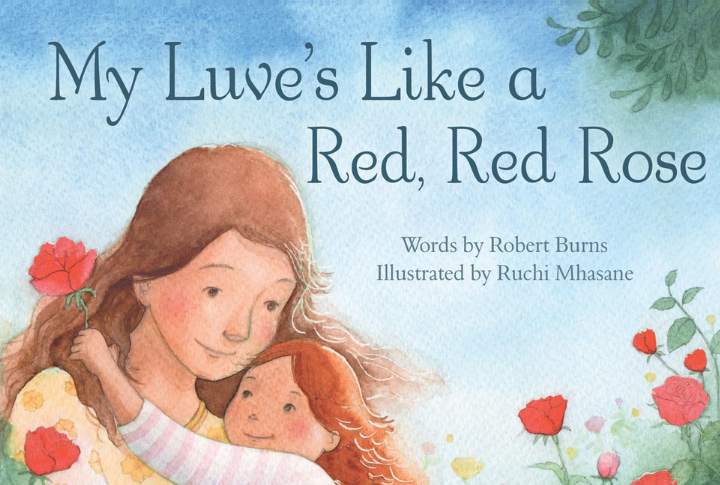
Like traditional ballads, Robert Burns preserved cultural heritage in the process of writing the famous comparison “My love is like a red, red rose.” His promise to love “till all the seas gang dry” has echoed through generations. The poem is still sung as a Scottish ballad.
“Annabel Lee” By Edgar Allan Poe
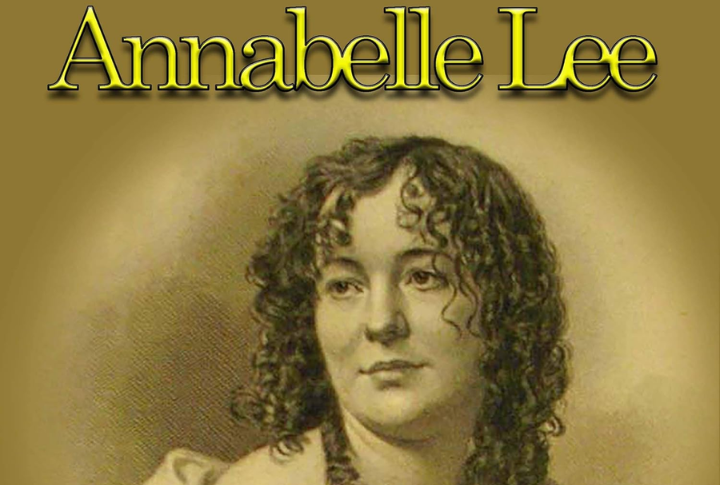
Poe’s final complete poem, crafted in 1849, tells of a love so powerful that jealous angels caused the death of his dear one. Scholars believe he wrote this about his wife, Virginia, who passed away due to tuberculosis. Despite Poe’s reputation for darkness, this remains his most romantic work.
“Love’s Philosophy” By Percy Bysshe Shelley
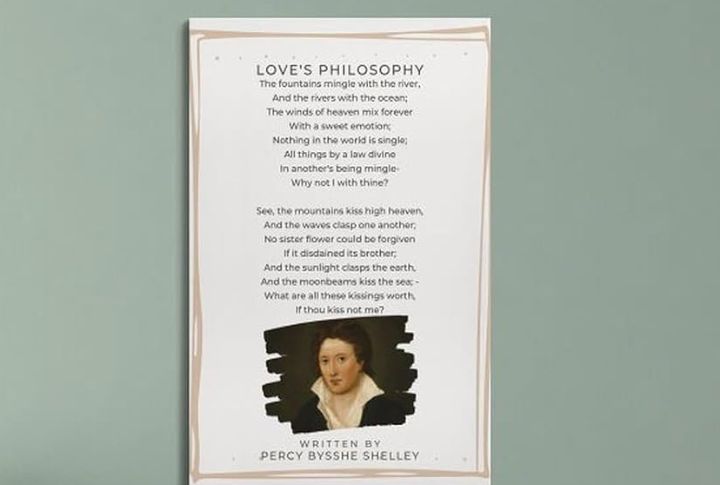
Married to Mary Shelley, the individual delivers the unforgettable closing line: “What is all this sweet work worth if thou kiss not me?” Nature becomes his wingman, as Shelley builds an irresistible argument using imagery that shows how everything in the natural world pairs together.
“Since There’s No Help” By Michael Drayton
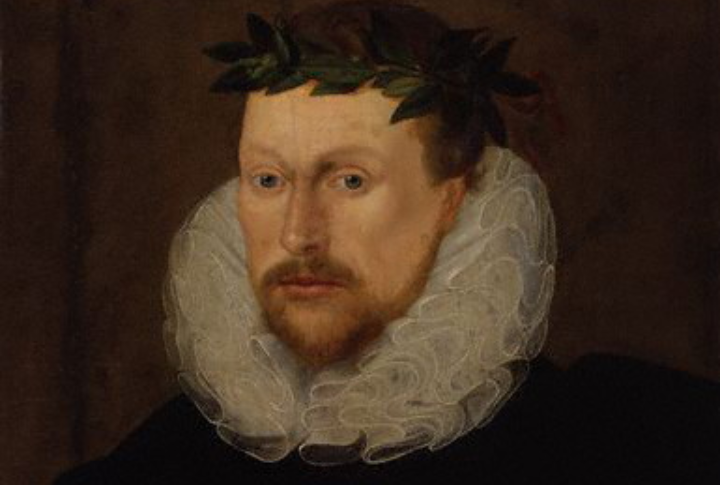
Deception drives this brilliant sonnet that appears to accept romantic defeat before serving a stunning reversal. Drayton, Shakespeare’s less commercially successful contemporary, produced what many consider the finest English sonnet outside the Bard’s collection. It dramatizes a farewell with an unexpected twist.
“Meeting At Night” By Robert Browning

As per sources, Browning wrote this during his own courtship of Elizabeth Barrett, originally pairing it with “Parting at Morning.” Anticipation pulses through every line describing a secret nighttime journey to a lover’s arms. The vivid sensory details paint an atmosphere thick with passion and secrecy.
“Love Song” By Rainer Maria Rilke

Let’s explore the beautiful paradox of love. The influential German-Austrian figure believed sweethearts should be “guardians of each other’s solitude,” arguing that healthy love demands both closeness and respectful distance. Rilke’s approach, that love should enhance rather than possess, has profoundly influenced modern relationship psychology.
“One Day I Wrote Her Name” By Edmund Spenser
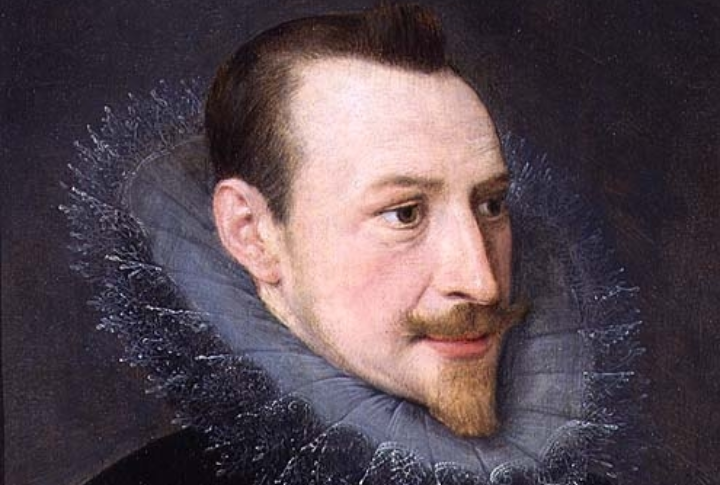
Did you know this was penned down for Elizabeth Boyle, who became Spenser’s second wife? As Sonnet 75 in his “Amoretti” sequence, the poem promises to preserve his dearest’s memory despite physical impermanence. Spenser even developed his own unique rhyme scheme for this collection.
“The Passionate Shepherd To His Love” By Christopher Marlowe
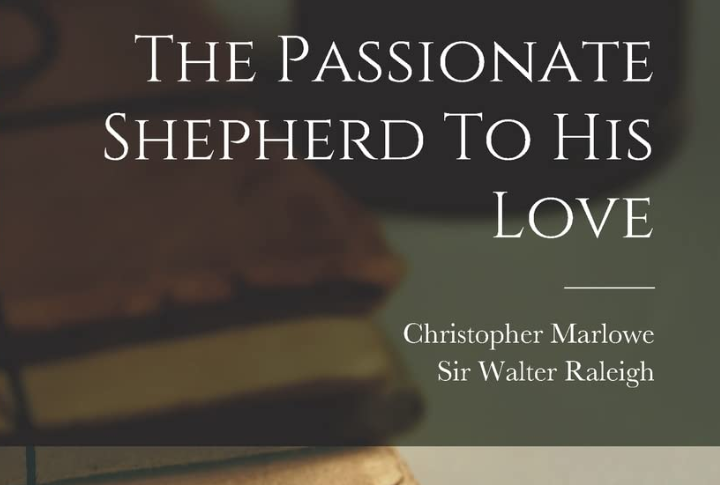
Pastoral perfection unfolds in yet another idealized vision of rural romance. Since 1599, “Come live with me and be my love” became the foundation for an entire literary tradition romanticizing countryside life. His mysterious demise at twenty-nine makes his brief but influential output even more remarkable.
“To My Dear And Loving Husband” By Anne Bradstreet
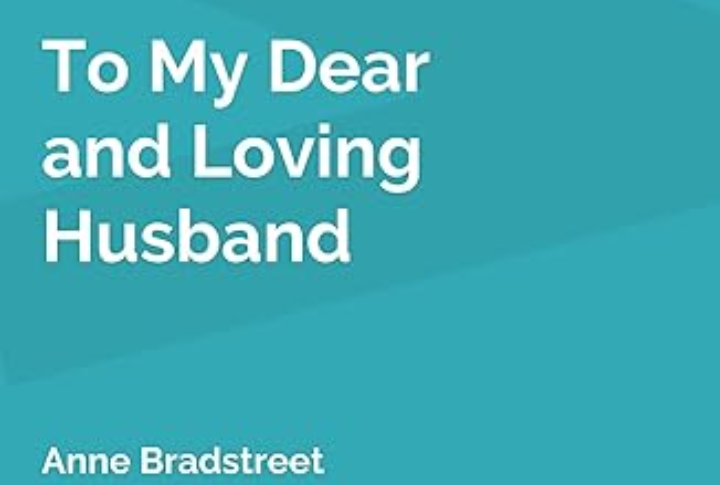
In Puritan New England, where women often faced criticism for pursuing literature, Anne Bradstreet courageously expressed earthly love and spiritual devotion. It concludes with a wish that their love will persevere so firmly in life that it may continue even after death.
“Having A Coke With You” By Frank O’Hara

Ordinary moments become extraordinary. The influential New York School poet wrote quickly, believing in spontaneous composition that captures real emotion. O’Hara’s casual, conversational language represents mid-twentieth-century poetry’s shift away from formal structures, comparing his dear one’s presence to viewing great art.
“The Flea” By John Donne

How can a tiny insect be turned into an elaborate argument for physical intimacy? But that’s exactly what happens. The poet’s metaphysical genius shines through his surprising conceit. Essentially, a flea that has bitten both lovers becomes a symbol of their spiritual union.
“Variations On The Word Sleep” By Margaret Atwood

Canadian novelist Margaret Atwood is well-known for her book “The Handmaid’s Tale.” Despite being most known for her work, Atwood’s written material explores how words fall short of expressing the most profound aspects of love, especially the private act of sharing dreams and sleep.

